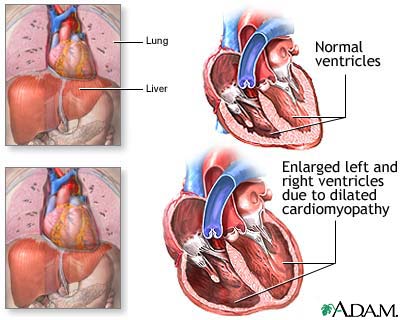Breast cancer remains one of the most prevalent forms of cancer affecting women worldwide. While significant progress has been made in understanding and treating this disease, there is still much to learn about its causes. Breast cancer is a multifaceted condition influenced by a range of factors, including genetics, lifestyle choices, environmental exposures, and hormonal imbalances. In this post, we will delve into the complex causes of breast cancer, shedding light on the various factors that contribute to its development.
Genetic Predisposition: Certain genetic mutations, such as BRCA1 and BRCA2 gene mutations, can significantly increase the risk of developing breast cancer. However, it's essential to note that only a small percentage of breast cancer cases are directly attributed to inherited genetic factors. Most cases are believed to result from a combination of genetic predisposition and environmental influences.
Hormonal Factors: Hormonal imbalances play a pivotal role in breast cancer development. Women with early onset of menstruation, late menopause, or a prolonged history of hormone replacement therapy (HRT) are at a higher risk. Estrogen, a hormone produced by the ovaries, has been linked to the growth of certain types of breast cancer. Additionally, the use of oral contraceptives and exposure to high levels of estrogen over an extended period may slightly increase the risk.
Lifestyle Choices: Unhealthy lifestyle choices can contribute to breast cancer risk. Lack of physical activity, a sedentary lifestyle, and being overweight or obese have been associated with an increased likelihood of developing breast cancer. Additionally, excessive alcohol consumption has been linked to higher breast cancer risk, making moderation essential.
Environmental Factors: Exposure to certain environmental factors may also play a role in breast cancer development. These include ionizing radiation, such as from medical imaging tests like mammograms, and environmental pollutants like pesticides, industrial chemicals, and air pollution. While the impact of these factors is still being researched, it is crucial to minimize exposure to potential carcinogens where possible.
Family History: A family history of breast cancer can elevate an individual's risk, especially if a first-degree relative (parent, sibling, or child) has been diagnosed. Although most cases of breast cancer occur in individuals without a family history, it is important for those with a history to be aware of their increased risk and consider early screening and genetic counseling.










